The ban on gaming app PUBG might not make the Modi Govt popular with kids but it can spur local development
The events of June 15 in the Galwan valley of Ladakh have had some repercussions on the lives of millions of Indians and not just on those bravehearts who were mortally wounded in the battle. That clash changed our bilateral dynamic forever. It taught Indian policy makers that the Xi Jinping-led Chinese administration was not a good faith actor and would continue its territorial imperialism. Its continuous pushiness in Ladakh is proof enough. It spurred India, which had been lackadaisical in the development of infrastructure in border areas, to dramatically ramp up building activity. The embryonic ‘Quad’ alliance between India, Australia, Japan and the US got a growth spurt. It woke us up to the need to gradually withdraw our trade dependencies and shrink Chinese revenue at the expense of our markets. And it also allowed Indian policy makers to realise the level of Chinese influence in the mobile and internet arena in India. The ban on popular application TikTok and several others was just the start. Now the Indian Government has also taken down the popular gaming application, Player Unknown: Battlegrounds, usually called by its acronym PUBG, citing security and data privacy issues. Much can be written about the ban of these applications but as internet-entrepreneur Sanjeev Bikchandani explained on the first episode of The Pioneer Conversations, the national security establishment would have made this decision, taking into account all major factors. Data pilfering is a concern but yes, this is a punitive cyber counter-strike against Beijing, hitting it where it hurts most, namely its growing applications and tech penetration in India. In fact, Beijing implied as much, saying India had imposed the ban in the face of pressure from the US, with foreign ministry spokeswoman Hua Chunying warning against “short-sighted” participation in US restrictions against Chinese technology. India’s strategic shift to the US is becoming more pronounced and with the combined US-India blackout of Chinese tech access, the dragon could be impacted quite a bit.
Several of these applications had a vast majority of their users based in India and thus their valuations were powered by us. However, there are questions on the creators of PUBG, although its beneficial ownership is by Chinese firm Tencent. If the government chooses to target Chinese ownership, that could become a huge problem for several Indian start-ups, including PayTM, which has significant ownership from the Alibaba-controlled Ant Financial. The lack of Chinese money would make it difficult for some Indian start-ups to raise resources although it might make life easier for Indian investors. Thankfully, PUBG has pushed the live game streaming industry in India with a large number of content creators earning good money. Then there is another aspect to the latest ban which impacted several games and not just PUBG. What effect will that have on India’s nascent e-sports craze as well as game creation? We have been a laggard in the latter, and while there were tens of TikTok clones within hours of that app being banned, no Indian company is in any shape or form close to creating a reasonable gaming experience for users. That said, the burgeoning popularity of games in India and worldwide, the only entertainment sphere that has grown exponentially globally during the lockdown, might mean that there could be some good games being created in India in the coming years. This move could, in fact, goad game developers into innovating their products. However, bans work both ways and a ban on Chinese-created or owned games in India might mean that Indian-created games will also find it difficult to expand into new markets going forward.







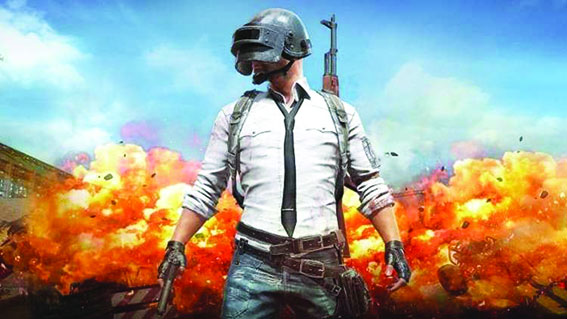
 OpinionExpress.In
OpinionExpress.In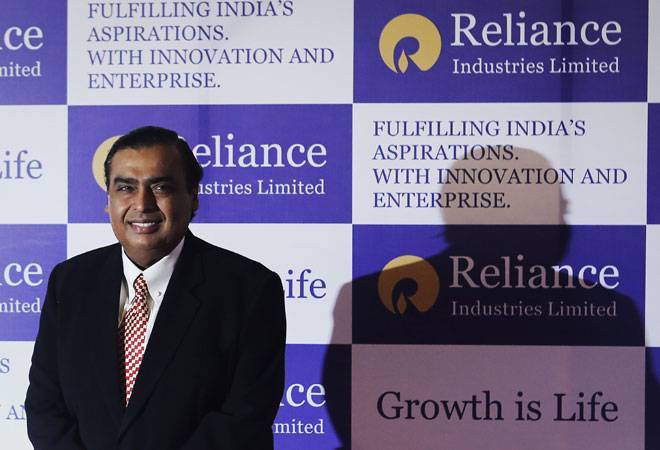
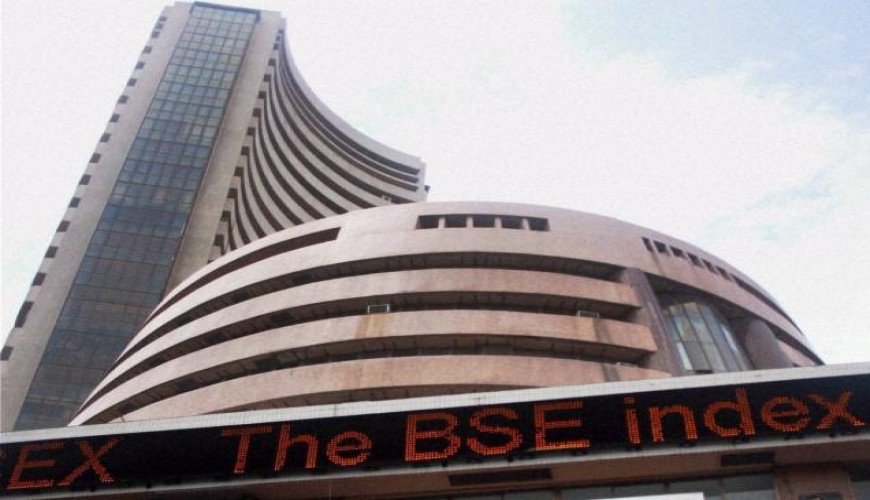
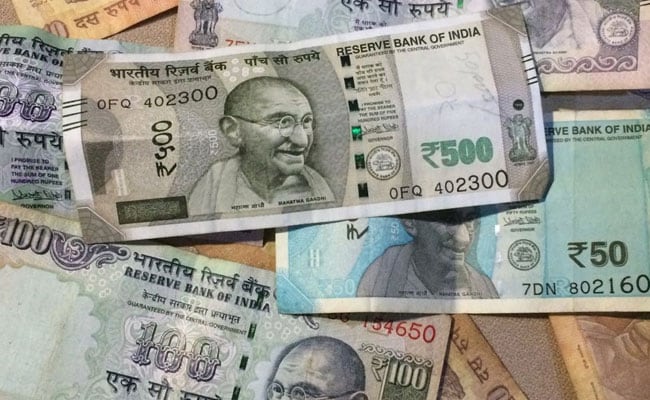



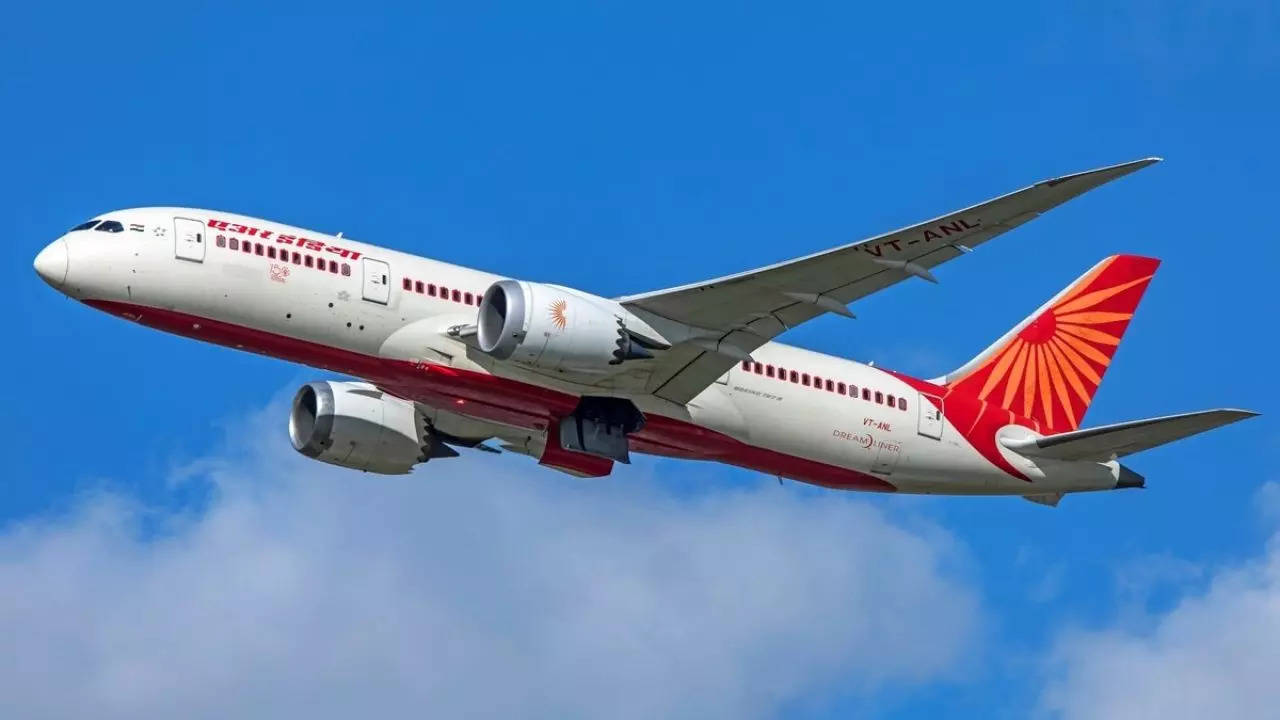
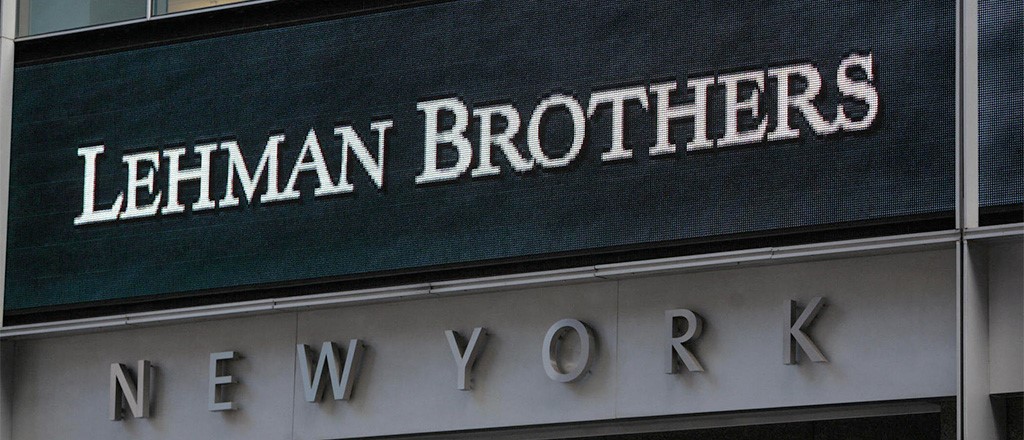








Comments (0)